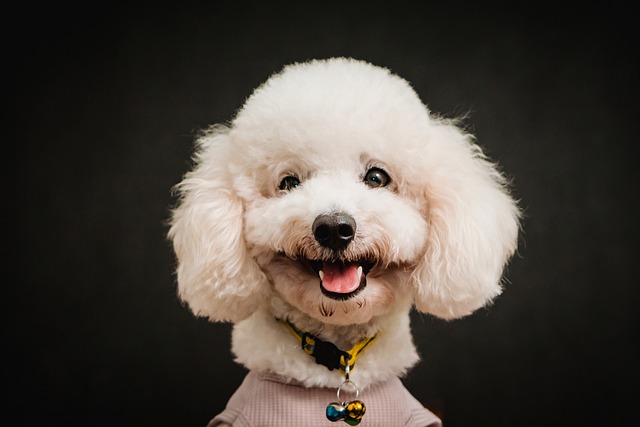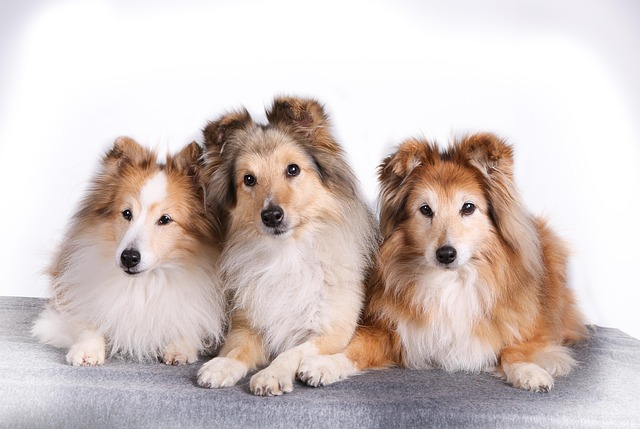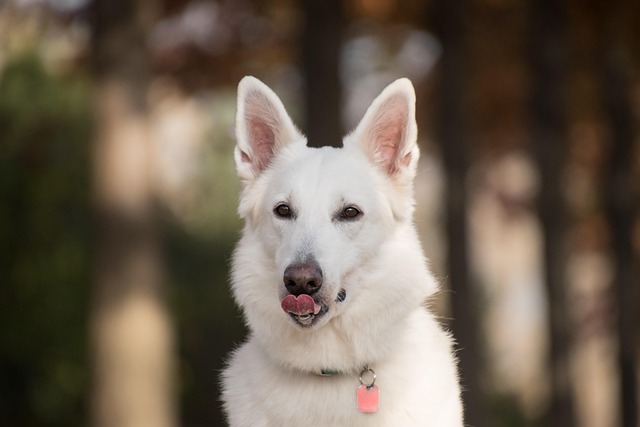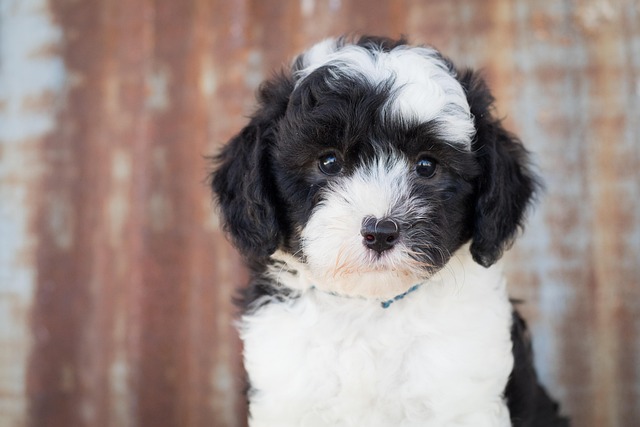
how to help senior dog with weak back legs
Watching your senior dog struggle to stand up, climb stairs, or even walk across the room because of weak back legs is heart-wrenching.
You’ve just left the vet’s office with a diagnosis: your pup has a yeast infection, and you’re determined to help them heal fast. But between well-meaning advice from friends and confusing online lists, it’s hard to know what to avoid. The truth is, yeast infections thrive on certain foods and products—cutting these out can make a huge difference in your dog’s recovery. Let’s break down the key things to skip, so you don’t accidentally feed the yeast or worsen their discomfort.
Yeast (usually Malassezia or Candida) feeds on sugar and refined carbs, so the first rule is to starve it of its favorite fuel. When your dog eats sugary or starchy foods, their body converts them into glucose, which yeast uses to multiply. Additionally, some products (like harsh shampoos) strip their skin of natural oils that keep yeast in check, while others (like random supplements) can throw off their gut balance—making it easier for yeast to overgrow. The goal is to remove these triggers so their body (and vet-prescribed treatments) can fight the infection.
Start with food: Avoid giving your dog table scraps like bread, pasta, or leftover cake—these are high in carbs that feed yeast. Skip commercial treats with sugar, corn syrup, or wheat flour; opt for yeast-friendly alternatives like freeze-dried chicken or plain, unsweetened coconut flakes instead. Steer clear of dairy products like milk or cheese too—many dogs with yeast infections have trouble digesting lactose, which can worsen gut imbalance. For apartment dogs who love chewing, avoid rawhide or treats with artificial flavors—stick to vet-approved antlers or rubber toys.

Next, check their grooming products: Harsh, scented shampoos or ear cleaners can irritate their already inflamed skin/ears. Use only vet-recommended, antifungal products—nothing with alcohol or strong fragrances. Skip over-the-counter supplements or “yeast remedies” without vet approval; some contain herbs or sugars that can backfire. If your dog takes any medications, ask your vet if they could disrupt gut health (like antibiotics)—they may recommend a probiotic to counteract it.
For U.S. pet parents, a few critical reminders apply. First, compliance: Keep your dog up-to-date on rabies vaccines (mandatory in all states) and follow your vet’s treatment plan exactly—don’t skip doses of antifungals or stop early, even if they seem better. Second, never punish your dog for scratching or licking infected areas—this is their way of relieving discomfort, and scolding will only add stress (which weakens their immune system). Use positive reinforcement, like treats when they let you apply medicated cream. When walking, always carry poop bags—fines for not cleaning up start at $25 in Austin and go up to $200 in New York City—and avoid damp, yeast-prone areas like puddles or tall grass until they’re healed.
Healing takes patience, but avoiding these triggers will speed up recovery. Stick to your vet’s guidance, and soon your pup will be scratching less and feeling like themselves again.

Watching your senior dog struggle to stand up, climb stairs, or even walk across the room because of weak back legs is heart-wrenching.

Seeing your once-bouncy pup slow down, sleep more, or struggle to jump on the couch can tug at your heartstrings—but caring for an older dog

You open the door after a walk, and your pup bolts inside—leaving muddy paw prints all over your apartment floor.

Finding a tick crawling on your dog but not yet latched can make your heart race—even if it hasn’t bitten yet, those tiny pests carry risks like Lyme disease.

Standing in the pet store staring at rows of dog food labels can feel overwhelming—especially when you’re looking for the right fit for your tiny adult Chihuahua, Yorkie

You’ve had your tiny Yorkie or Shih Tzu since they were a wiggly puppy, and now you’re wondering: When do they become a “senior”? Many new U.S.